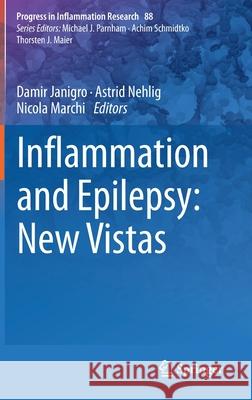Inflammation and Epilepsy: New Vistas » książka
topmenu
Inflammation and Epilepsy: New Vistas
ISBN-13: 9783030674021 / Angielski / Twarda / 2021 / 237 str.
Inflammation and Epilepsy: New Vistas
ISBN-13: 9783030674021 / Angielski / Twarda / 2021 / 237 str.
cena 644,07
(netto: 613,40 VAT: 5%)
Najniższa cena z 30 dni: 616,85
(netto: 613,40 VAT: 5%)
Najniższa cena z 30 dni: 616,85
Termin realizacji zamówienia:
ok. 16-18 dni roboczych.
ok. 16-18 dni roboczych.
Darmowa dostawa!
Kategorie BISAC:
Wydawca:
Springer
Seria wydawnicza:
Język:
Angielski
ISBN-13:
9783030674021
Rok wydania:
2021
Wydanie:
2021
Numer serii:
000133115
Ilość stron:
237
Waga:
0.52 kg
Wymiary:
23.39 x 15.6 x 1.6
Oprawa:
Twarda
Wolumenów:
01
Dodatkowe informacje:
Wydanie ilustrowane











